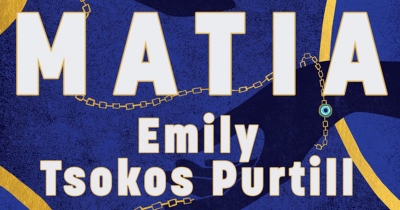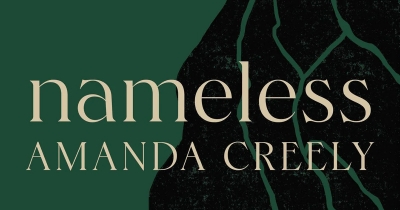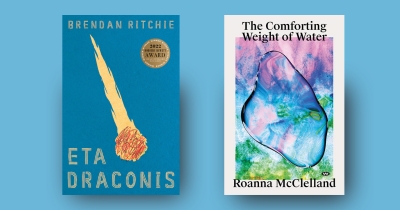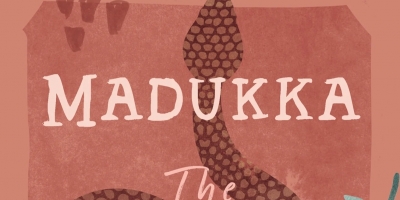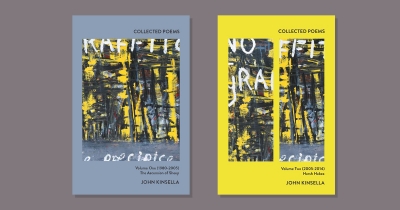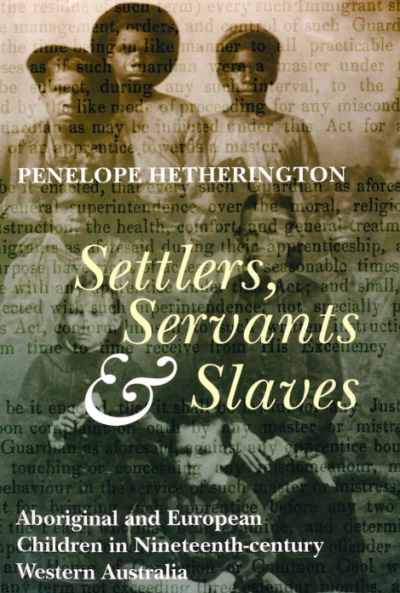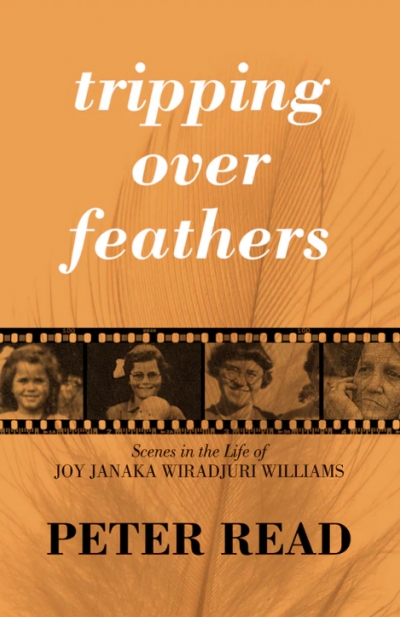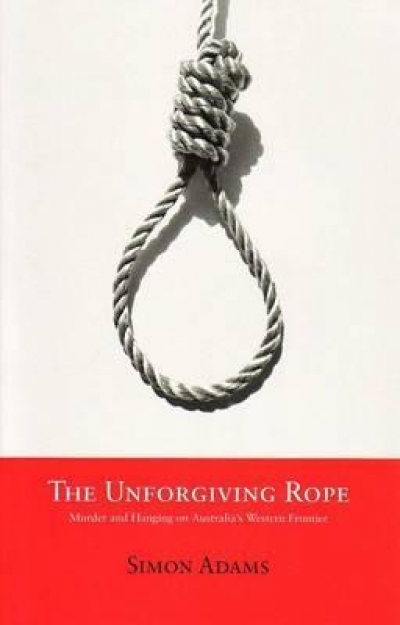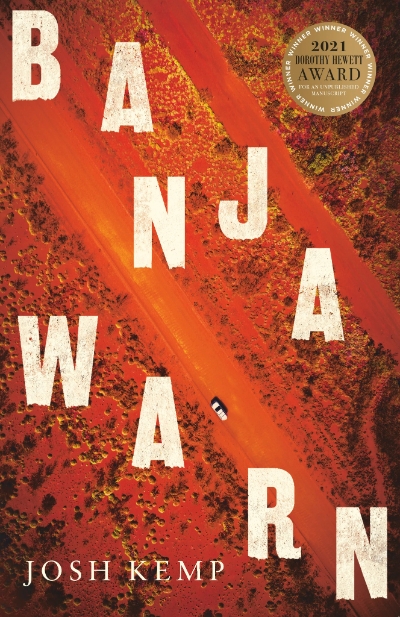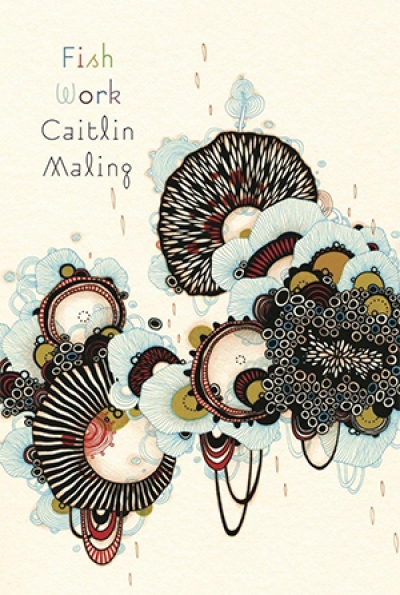UWA Publishing
Eta Draconis by Brendan Ritchie & The Comforting Weight of Water by Roanna McClelland
by J.R. Burgmann •
Collected Poems by John Kinsella & Collected Poems by John Kinsella
by John Hawke •
Settlers, Servants & Slaves: Aboriginal and European children in nineteenth-century Western Australia by Penelope Hetherington
by Peggy Brock •
Tripping Over Feathers: Scenes in the life of Joy Janaka Wiradjuri Williams by Peter Read
by Sarah Kanowski •
The Unforgiving Rope: Murder and hanging on Australia's western frontier by Simon Adams
by Richard Harding •
Fish Work by Caitlin Maling & Earth Dwellers by Kristen Lang
by Ella Jeffery •

